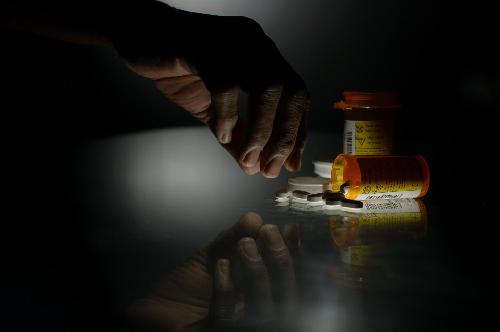 Around the world, the production and sale of fake and substandard medicines is a serious problem.
Around the world, the production and sale of fake and substandard medicines is a serious problem.
We don't mean bogus pseudo-medical stuff like supplements but real medicine people pay for that is instead dangerous knock-offs.
Some examples:
- In Niger in 1995, 50,000 were given fake meningitis vaccines, resulting in 2,500 meningitis-related deaths.
- In 1995, nearly 90 children in Haiti and 30 infants in India died due to consuming cough syrup tainted with a toxic chemical.
- In 2001, 38 percent of anti-malarial drugs in pharmacies in southeast Asia do not contain any active ingredients.
According to a paper in the Journal of Forensic Science and Criminology, scholars want to use criminology theory to stop it.
John Spink, director of the College of Veterinary Medicine's Food Fraud Initiative at Michigan State University, says "crime triangle theory" allows fraud to work. The sides of the triangle are the victim, the criminal and the crime opportunity -- the space within the sides is the magnitude of the crime opportunity and if you reduce the sides, you reduce the fraud.
There has been some success. Using counter-measures, Nigeria reduced counterfeit medicines from over 65 percent to 16 percent between 2000 and 2004, but awareness will remain key. It is not just a developing world problem. People in the United States still buy homeopathy and Viagra over the Internet.


